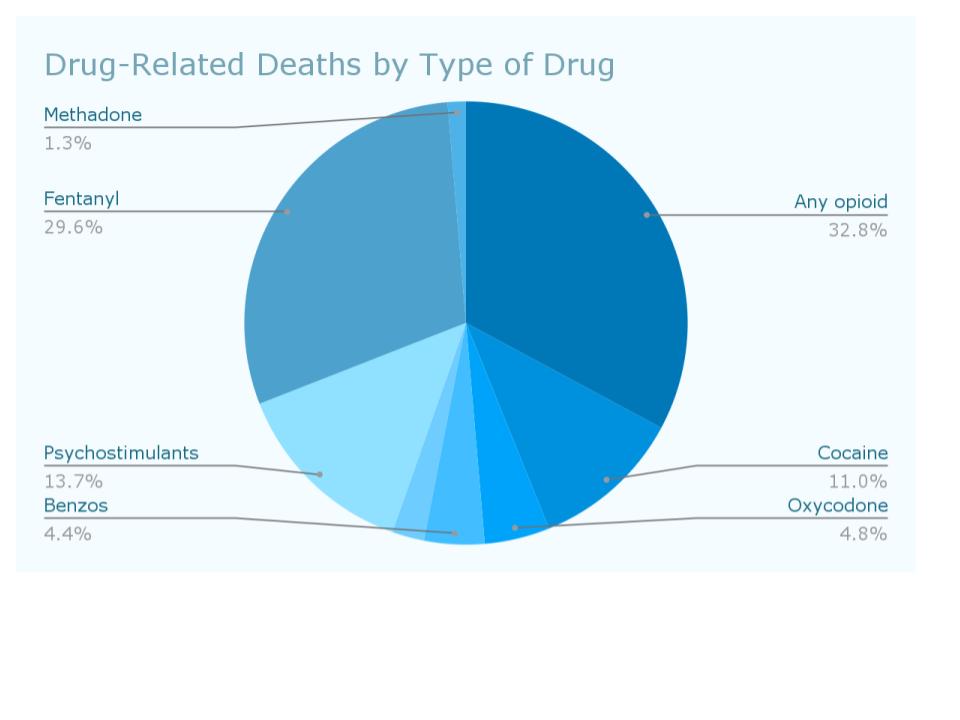Benzodiazepine addiction is becoming increasingly more common amongst Americans. Recent data has shown that 12.5% of adults use benzos. Of those 12.5%, over 2% misuse the drugs. Likewise, in 2022 alone, over 11,000 drug-related deaths were caused by benzos. Benzo addiction is a silent but deadly killer across the country. Adults aged 18-25 reported the highest rate of misuse and those aged 65 and older had the lowest rate of misuse. Of those who reported misuse, most did not have a prescription for the drug and instead got the drugs from friends or family members.
Understanding Benzo Addiction & Abuse

With over 11,000 benzo-related deaths in recent years, the battle against the prescription drug is getting more serious. There are several ways people are getting benzos. This includes through legitimate prescription, through “prescription farming,” and on the street. Prescription farming is done when an individual goes to multiple different care providers or doctors and uses a real or imaginary ailment to get more than one benzo prescription.
As noted, most people who misuse benzos and develop a dependence or addiction to them were originally prescribed the medication legitimately. Conditions that may be treated with benzodiazepines include anxiety, sleep disorders, seizures, and some panic disorders. They are a depressant, and when misused or consumed in large amounts they can be quite dangerous.
Benzos make a user feel drowsy, dizzy, confused, and disoriented. When abused, these side effects are amplified and can expand to affect the nervous and respiratory systems. If an individual overdoses on benzos they can experience the aforementioned side effects as well as a coma, and in extreme cases, death.
Alcohol and Benzo Addiction
Benzos are a depressant, just like alcohol, and when consumed together the risk of overdose is elevated. Benzos often have immediate effects, so it can be hard to control how you feel when combining them with alcohol. Research has shown that up to 80% of people who abuse alcohol under the age of 30 have been addicted to at least one other drug, more often than not, the other drug is benzodiazepines.
Alcohol amplifies the effects of benzos, so taking the same amount one normally would in combination with alcohol could be more likely to result in overdose.
Common effects of combining alcohol and benzos include:
- Extreme drowsiness
- Dizziness
- Impaired motor control
- Altered mental state
- Memory issues
- Poor decision making capabilities
- Central nervous system depression – slowed/difficult breathing
- Brain and organ damage
If you see any of these signs in yourself or a loved one, it’s important that you seek benzo addiction treatment promptly.
Treatment for Benzo Addiction

As benzo addiction becomes more common, the need for medically supervised detox and addiction treatment is increasing. The first step in benzo addiction recovery is the detox process. This can be quite uncomfortable, and medical supervision enables doctors to prescribe different medications to make clients more comfortable. Medically supervised detox also ensures the safety of the client in the event of an emergency like respiratory depression or potential coma. Common benzo detox symptoms include:
- Anxiety or panic
- Insomnia
- Muscle spasms & tension
- Nausea and vomiting
- Gastrointestinal issues
- Blurred vision
- Mood swings
- Decreased appetite
Doctors typically prescribe anticonvulsants, GABA receptor agonists, and low-dose alternative benzodiazepines during the detox process to ease pain and guide a safe detox.
After completing detox, clients will transition to residential rehab, where they will stay at the facility and receive comprehensive, 24-hour care. This stage of treatment includes a blend of group and individual therapy, medication management, and various supportive programs designed to establish effective sober coping skills.
Once residential rehab is completed, clients will progress to an intensive outpatient program (IOP) or a partial hospitalization program (PHP). In these settings, they can reside at home or in accommodations of their choice. These programs aim to support ongoing recovery from benzodiazepine addiction by fostering community connections and reinforcing the skills and insights gained during detox and residential treatment.
Find a Detox Center Near You
If you or someone you care about is facing substance use disorder or addiction, seeking help early is crucial for achieving the best outcomes. Finding the right treatment and detox center can be challenging, as not all facilities offer the same level of care. If you’re uncertain about where to start, reach out to Solution Based Treatment. We’re committed to helping you find a program that suits your unique needs and financial situation. Whether this is your first time seeking treatment or you’re returning after a relapse, we’re here to support you. Contact our admissions team today and take the first step toward a brighter future.
About Solution Based Treatment
Solution Based Treatment is a national leader in detox and rehab programs. We offer inpatient medical detox, substance rehab, intensive outpatient programs, partial hospitalization programs, faith-based recovery, and sober living options. We maintain a 2:1 client to staff ratio to offer the best support possible to our patients within upscale living environments. At Solution Based Treatment, we support better living for brighter futures, all starting with our detox and rehab services. For more information visit our website at solutionbasedtreatment.com or give us a call at (833) 999-1941.




